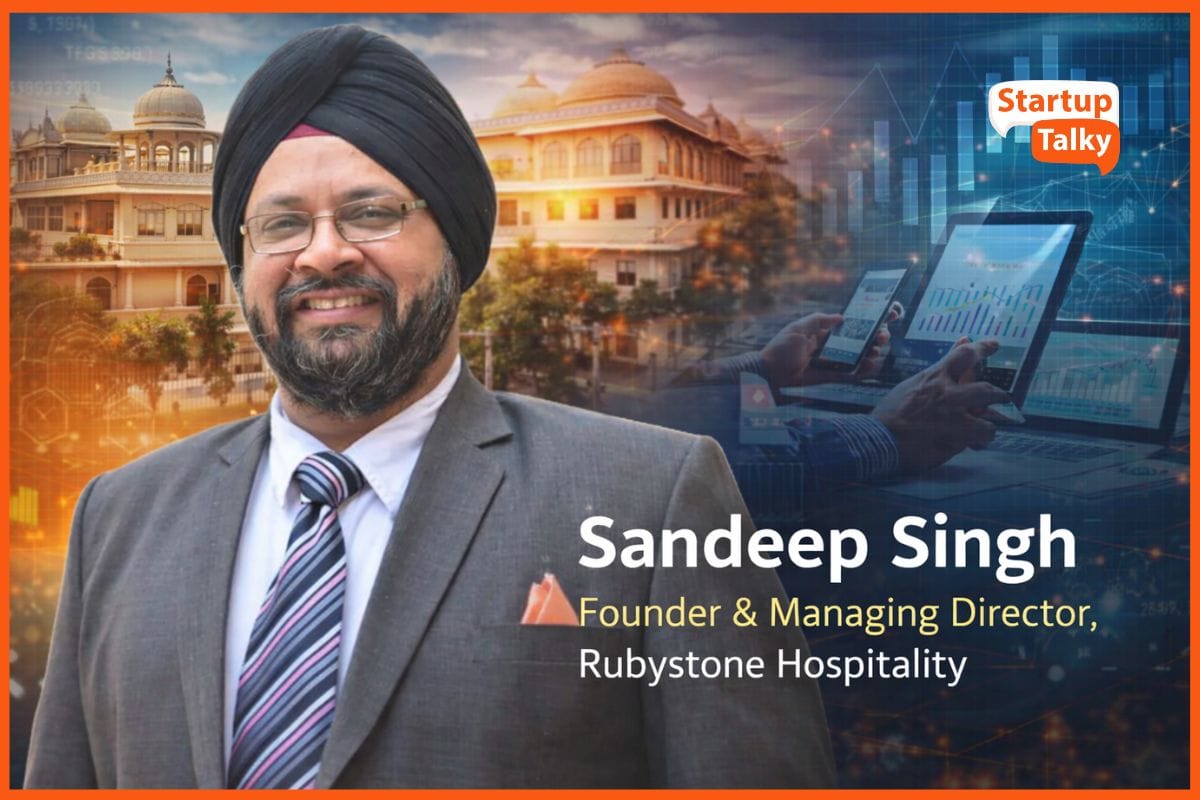Deloitte Business Model Secrets
🔍Insights
The business model of Deloitte has displayed one of the most dynamic growth trends among the Big Fours since 2016. Deloitte is a global accounting firm – also identified as an auditory and risk advisory organization or a professional services network. The Deloitte network comprises several independent firms internationally that are integrated to offer specialist services to clients.
The company's origins can be traced back to the U.K. in the 1840s when it's founder, William Welch Deloitte started making his name as an independent accountant in the years after the First Industrial Revolution. His early income generated from auditing the accounts of railway companies, eventually becoming an audit giant by the 21st century, thereby, acquiring revenue from all over the world from services in some industry segments.
Business Segments of Deloitte
History of Deloitte
The Business Model of Deloitte
- Customer Segments
- Value Proposition
- Customer Relationships
- Key Activities
- Key Partners
- Cost Structure
Business Segments of Deloitte
Deloitte offers a myriad of professional services. The company operates four reputed business segments:
- Audit Assurance and Business Risk Services – Audit Services involve statutory audit and accounting services, internal auditing, and I.T. control assurance. Enterprise Risk Services involve enterprise risk management, data science and quality, information security/cybersecurity, project risk, and business continuity management services.
- Consulting – Consists of services for business applications, planning & application, technology convergence and integration, short-term outsourcing, and human capital.
- Financial Advisory Services – Comprises corporate finance services, involving medicine, forensics, dispute, advisory, valuation, file review, capital projects consulting, and personal/enterprise insolvency services.
- Tax – Involves global and domestic tax, transfer pricing, tax liability, net and gross asset value, and advisory services.
History of Deloitte
In 1845, William Welch Deloitte set up an accounting enterprise in London. In 1896, Charles Waldo Haskins and Elijah Watt Sells established Haskins & Sells in New York, the first distinguished auditing firm to be founded by American accountants. In 1898, George Touche launched his own accounting firm in London, then merged with John Ballantine Niven in 1900 to build Touche Niven.
Deloitte witnessed enormous growth, and over time initiated operations in the U.S. In 1952, it joined its U.S. segment with Haskins & Sells to form Deloitte, Haskins & Sells. Touche Niven also acquired success, and after subsequent mergers, it became Touche Ross in 1969. By the 1970s, Touche Ross was the third-largest accountancy firm in the U.K., comprising over 74 offices and 450 partners.
The 1980s underwent significant turmoil in the industry, with economic disasters such as the savings and loan scam that caused escalated scrutiny and threats to revenues. In response to this, Deloitte, Haskins & Sells planned on merging with Touche Ross to boost both their businesses. This wasn't acknowledged well as Touche was identified as a maverick, while Deloitte was known as stuffy.
Despite their contradicting patterns, the two decided to merge, completing the deal in 1989 to form Deloitte Touche Tohmatsu Ltd. (DTTL). They both acquired Fortune 500 clients – Deloitte had P&G and G.M., while Touche had Macy's and Chrysler. Eventually, Deloitte greatly took control, as its chief J. Michael Cook acquired the position of CEO of the new entity. It is now one of the top accounting organizations in the world.

The Business Model of Deloitte
Customer Segments
Deloitte has a huge market business model, with no distinguished segregation between customer segments. The company offers its services to firms that need consulting and advisory assistance.
Value Proposition
Deloitte provides three primary value propositions, namely, accessibility, innovation, and brand/status.
The company builds accessibility by providing a vast variety of choices. An important element of its strategy is growing through acquisition. This has augmented it to add a huge amount of capacities to its portfolio.
The company strongly focuses on innovation. It operates Deloitte Innovation Centers, an assortment of programs engineered to bring about creative solutions in different industries. The specific centres are as follows:
- Deloitte U.S. Center for the Edge
- Deloitte Center for Energy Solutions
- Deloitte Center for Financial Services
- Deloitte Center for Health Solutions
- Deloitte Center for Regulatory Strategies
The company has acquired a powerful brand because of its success. It has the second-largest professional services network internationally, concerning revenues and is also one of the "Big Four" accounting organizations, along with EY, PwC, and KPMG.
Customer Relationships
Deloitte's customer relationship consists of an integrated personal assistance nature. Clients receive one-on-one assistance from its employees. That being said, it also has a self-service component.
The company's website has a segment named "Detroit University Press" that involves self-help resources like blogs, annual reports, periodicals, magazines, and case studies.
Key Activities
Deloitte's business model comprises building and developing problem-solving services for its customers.
Key Partners
Deloitte oversees business alliances with around 45 top-notch firms through which it together engineers solutions and services to assist mutual clients. Significant partners include AT&T, BMC, Cisco, Dell, EMC, Guidewire, Hewlett-Packard Enterprise, IBM, Informatica, Kira, NetSuite, and Salesforce.
The company also operates the Innovation Partnership Program (IPP) jointly with Singularity University and the XPRIZE Foundation. With the help of this initiative, it allows Fortune 500 senior executives to learn from the brightest minds of Silicon Valley like entrepreneurs, scientists, engineers etc. and motivate them to brainstorm disruptive solutions. The program is membership-based and based on invites. Its partners are Wells Fargo, Tata Communications, Dentsu, Genentech, Dow, Barclays, Google, Caterpillar, and Coca-Cola.
Cost Structure
Deloitte possesses a value-driven model, targeting to offer a premium proposition through innovative personal service. Its largest cost driver is primarily the cost of services which is a variable expense. Other significant drivers are sales/marketing and research/development domains, both being fixed expenses.

Revenue Model of Deloitte
Concerning the revenue model of Deloitte, the company was declared the biggest Big Four accounting firms, globally in 2019. Its position as a global leader is greatly aided by powerful performances in the American areas, with approximately more than half of its total revenue generated in North and South America.
Deloitte has more than 225,400 employees, spread over 150 countries and territories, working across 20 industries among the other Big Four accounting firms for that specific area. With American clients' growth, there is a hike in the number of employees: over 150,000 of the 334,800 Deloitte employees globally are employed in the Americas region in 2020.
Deloitte's worldwide revenue has exceeded 47 billion dollars in 2020, with over 25.3 billion dollars of it being generated in the U.S.
Revenue from the Asia Pacific and Europe, the Middle East, and Africa (EMEA) regions accounted for 22.5 billion dollars.
Lastly, it has several many honors, including recognition as one of the "100 Best Companies to Work For" by Fortune and awarded by Garner for its influence in market shares.

FAQs
What does Deloitte do?
Deloitte is a leading global provider of audit and assurance, consulting, financial advisory, risk advisory, tax, and related services.
When was Deloitte founded?
Deloitte founded in 1845.
What kind of company is Deloitte?
The international firm is a UK private company, limited by guarantee, supported by a network of independent legal entities. Deloitte provides audit, consulting, financial advisory, risk advisory, tax, and legal services with approximately 312,000 professionals globally.
Must have tools for startups - Recommended by StartupTalky
- Convert Visitors into Leads- SeizeLead
- Website Builder SquareSpace
- Run your business Smoothly Systeme.io
- Stock Images Shutterstock





